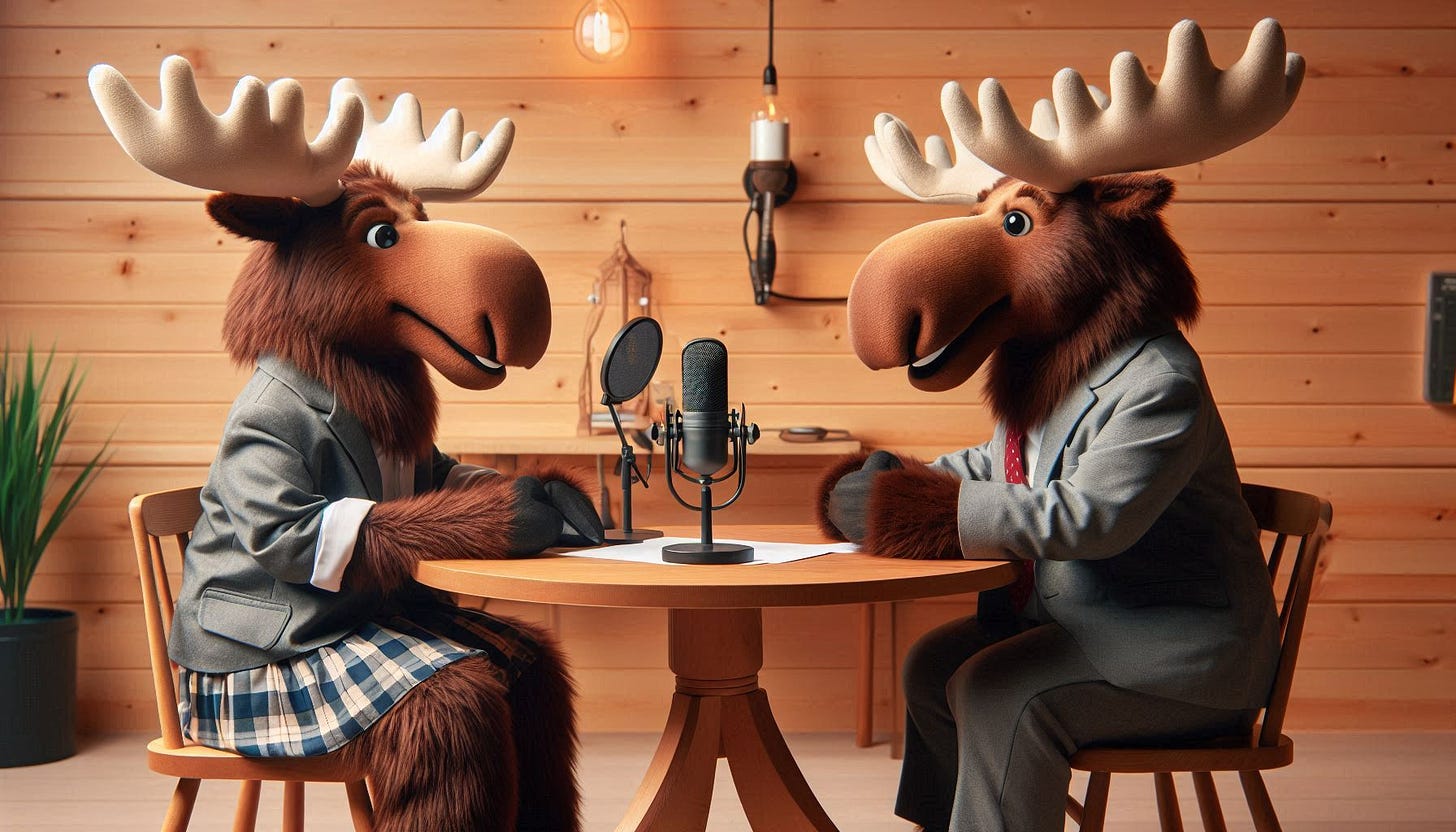As a reflective aid, I considered using Appreciative Inquiry-based questions and giving myself a personal interview.
I know it’s a bit weird interviewing oneself, but it’s only an experiment 😉
What are some of your best coaching experiences?
First is opportunities where I’ve been part of a coaching team and paired with colleagues. Coaching has been a “lone wolf” activity for most of my career. I’ve had decades to refine my craft, but I get lonely. I truly relish the opportunities I get to co-coach with others. The depth of learning and sense of collaborative community stands out for me.
My mentoring relationships are related to that. I’ve been fortunate to mentor some fantastic coaches. The most exciting part is seeing their growth and realizing that just a little mentoring can set off a spark in someone that changes their trajectory. With the advent of virtual coaching, I’ve been incredibly fortunate to mentor folks worldwide.
When you think of your coaching client impacts, share some positive outcomes.
I think of light bulb moments with organizational leaders I’ve coached. Yes, if I’m doing my job, organizations shift to agile ways of working that deliver compellingly different results—not in all cases, but in the successful cases. And that’s fantastic. But what excites me the most is when institutional leaders shift their mindsets. I think of the term “get it,” but that does the moment a disservice. Light bulbs, to me, create resilience and sustained change.
What’s your most effective coaching stance?
My thoughts about this have changed over the years. Initially, I thought it was my Lean/Agile experience coupled with Leading, Advising, and Serving stances. I stayed in that place for quite a few years, which was adequate for me and my clients.
But within the last 5-7 years, I’ve realized that my most effective stance is Leading/Modeling, Advising, Professional Coaching, and Self—mastery. In other words, how I show up as a coach is my most important “stance.” I’m coaching when I’m not coaching, and my role model and presence make a huge difference as I navigate client contexts with them.
What were the most potent learnings from your clients?
All of these are more indirect learnings. First, I want to allow space for my clients to ideate, noodle in, and solve their challenges. My learning here reaffirms the wisdom of each client and the innovative ideas that are often inside them.
Another learning relates to my coaching privilege. I posted about this, and the lessons continuously ring in my ears as I coach.
Finally, how dancing across the entire Agile Coaching Growth Wheel competencies WITH my client contains the most impact and power. This dance of co-creating outcomes allows clients to emerge and become their best version.
As far as coach training, what were your Top 3?
My first thought is my ORSC training. I took the class series and completed the certification cohort slightly before and after COVID-19. I never finished the coaching hours for certification. ORSC has profoundly impacted my mindset, coaching style, understanding of professional coaching & systemic coaching, and life. ORSC has profoundly changed me, and I appreciate that more each day since completing the program.
I became a Scrum Alliance Certified Enterprise Coach in 2012. I then moved it to emeritus status in 2023. While it’s not training per se, it gave my learning journey a direction and focus that I’ve found quite helpful. It also gave me a community that I’ve leaned into
It’s not about the CEC but more about the coaches, the people, and the relationships.
Finally, I’ve had incredible experiences at agile coaching retreats, camps, and clinics for over a decade. It’s one of my favorite ways to practice and improve my chops, learn, mentor, share, and grow. It also feeds my desire to get to know more folks in my tribe.
You’ve been coaching for 20+ years; share your vision for the next BEST era of Agile Coaching.
Skill and experience are emerging (again!) as the most important tools to bring to coaching. I think of the next phase as filtering out the mediocre and role/money-chasing coaches and leaving behind those coaches who are best suited to do great work, continue to learn, deliver ethically, and continuously grow in our craft for our clients. It’s a new dawn of agile coaching led not by certifications or classes but by community, craft, skill, principles and ethics, and deep, well-rounded experience. I see the Agile Coaching Growth Wheel emerging as the standard definition of good Agile Coaching.
Finally, what do you envision for your coaching journey?
Well, I feel compelled to keep learning. Continuous reflection, learning, and personal improvement are among the practices of Agile Coaching that I most enjoy.
Given that, I expect to continue to grow my skills, primarily in organizational development, leadership and advising competencies, and self-mastery.
The masterclass I’ve created based on my EBAC book, the ACGW, and all my experience is doing well in both public and private formats. If anything, I’m looking to grow because of the positive impact it can make within each coach and across the community.
With all the doomsaying (agile and coaching), I’m optimistic about the future of Agile Coaching for those who take the profession seriously and understand the depth and breadth of what’s required. Whatever you call them—Agile Coach, Consultant, Guide, etc., organizations still need the skills that Badasses can bring to bear.
Finally, my legacy work is particularly near and dear to my heart, and I’ll continue it. That includes my pro-bono mentoring and coaching, pairing and sharing my privilege, and running Badass Agile Coaching Days.
Stay agile, my friends,
Bob.




